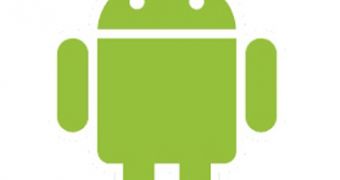Google might have developed Android, yet it seems that Microsoft is winning big on this mobile platform. At the moment, the company claims it is receiving royalties for 70 percent of all devices powered by this OS, and they are a lot.
On Monday, July 9th, the Redmond-based software giant announced that two more Android tablet makers have joined its licensing list: Aluratek, Inc. and Coby Electronics Corporation.
The agreements with these two companies cover eReaders, tablet PCs and other products that are running under either Android or Chrome OS, Microsoft unveiled.
The contents of these agreements were not disclosed, yet Microsoft did say that it would receive royalties from both companies for patents that it holds and which are being used in Android and Chrome OS.
“We are proud of the continued success of our licensing program in resolving IP issues surrounding Android and Chrome,” Horacio Gutierrez, corporate vice president and deputy general counsel, Intellectual Property Group at Microsoft, stated.
Microsoft has already signed similar agreements with a wide range of companies that design and market Android products, including Amazon, Buffalo, HTC, LG Electronics, Samsung, TomTom, and many others.
The software giant claims that both Android and Chrome OS violate a series of unspecified Microsoft patents, and has managed to convince various makers that the best way to solve the issue is to pay royalties rather than going to court.
“As an innovator in the consumer electronics industry, Coby likewise respects the intellectual property rights of other innovators like Microsoft,” said Vincent Castiglione, general counsel of Coby Electronics Corporation. “We are pleased to have reached an agreement with Microsoft.”
Microsoft is very pleased with the manner in which its IP licensing program has evolved so far, both related to Android and Chrome OS, and to other products and technologies out there.
The company kicked off the initiative back in 2003, and has entered into more than 1,100 licensing agreements with various companies from different IT segments.

 14 DAY TRIAL //
14 DAY TRIAL //